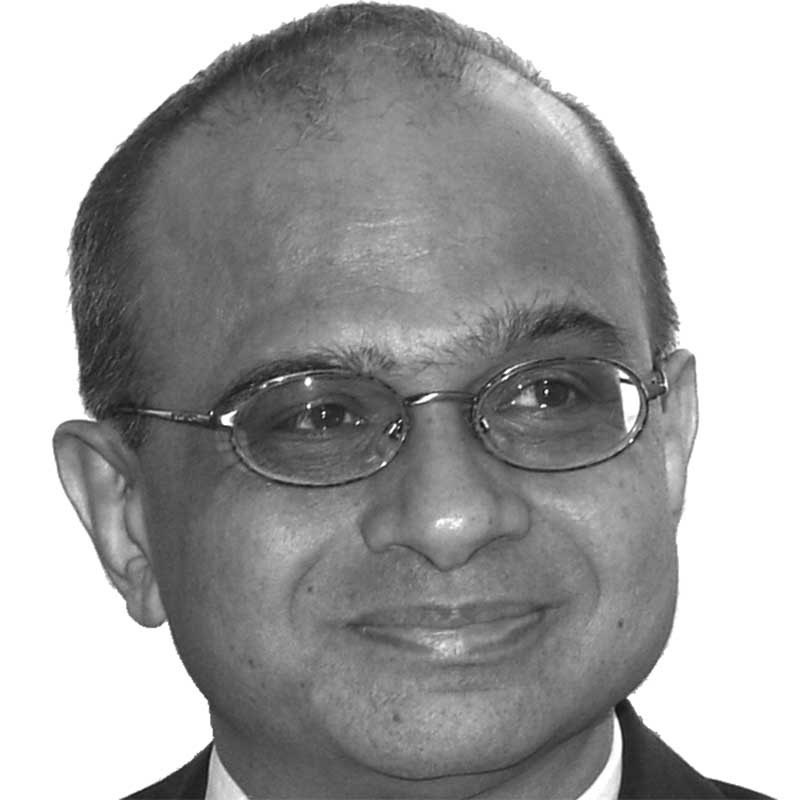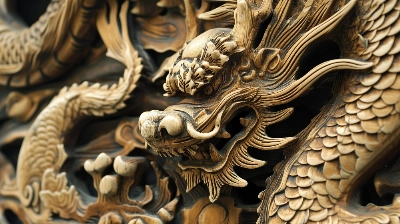
Brahma Chellaney
Brahma Chellaney, a longstanding contributor to The Japan Times, is a geostrategist and the author of "Asian Juggernaut" (Harper, 2010) and "Water: Asia’s New Battlefield" (Georgetown University Press, 2011), which won the 2012 Bernard Schwartz Award. He is professor of strategic studies at the Center for Policy Research, New Delhi.
Sep 4, 2005
Sep 4, 2005
Aug 10, 2005
Jul 17, 2005
Jun 29, 2005
May 24, 2005
Apr 2, 2005
Oct 25, 2004
Sep 25, 2004
Jul 30, 2004
Jun 21, 2004
May 9, 2004
Apr 22, 2004
Mar 22, 2004
Sep 13, 2003
Jul 8, 2003















